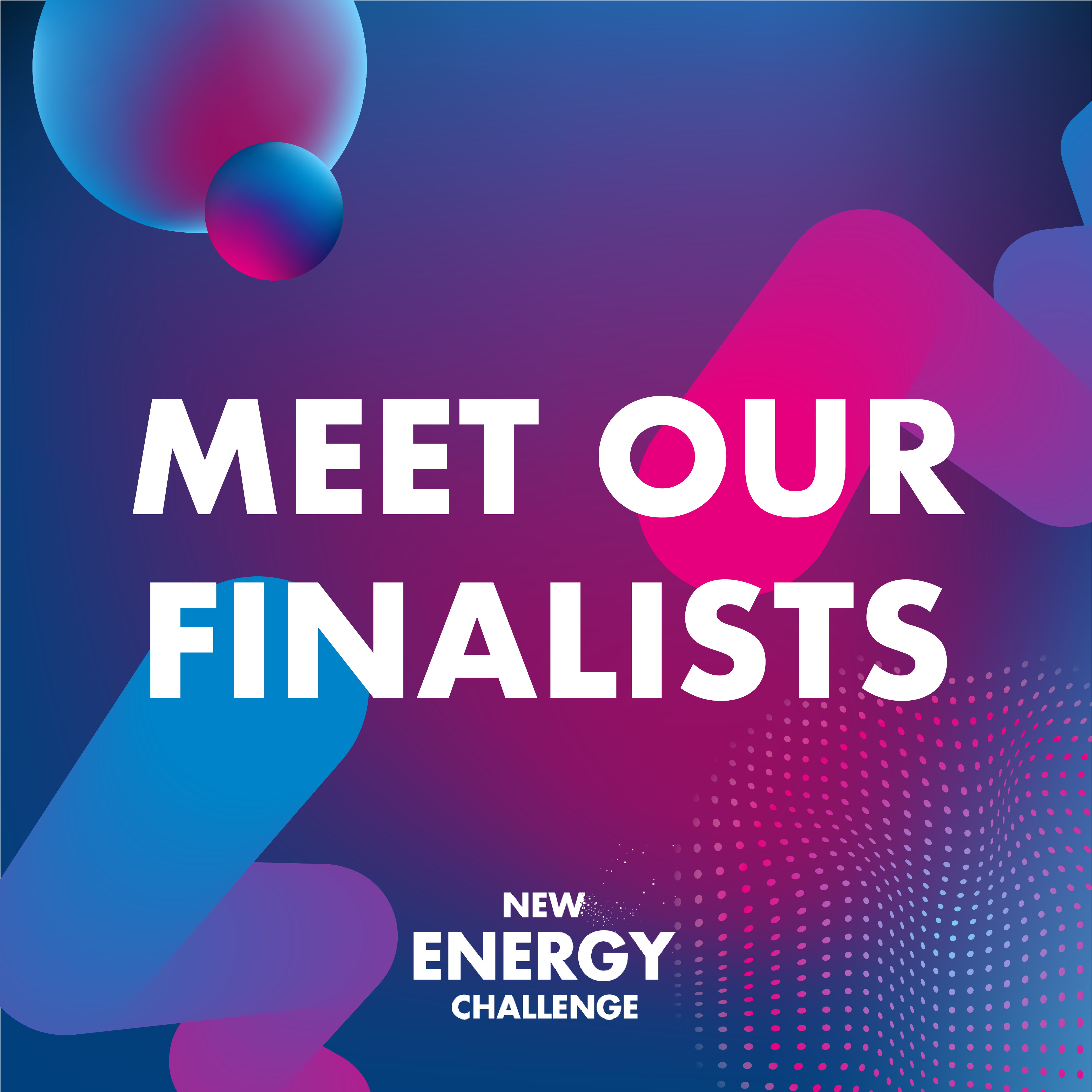July 13, 2022
Meet the top 10 finalists of this year’s New Energy Challenge

For the seventh year running, the New Energy Challenge has been offering European and Israeli founders opportunities to collaborate with Shell, ranging from proof of concepts (PoCs) and pilot projects to research & development (R&D) partnerships and more, based on their specific scaling needs.
The New Energy Challenge is a competition for startups, jointly organized by Shell, Unknown Group, Rockstart, and YES!Delft. The competition is designed for founders in Europe and Israel who are contributing to a digital and carbon-neutral future. Since 2016, more than 600 startups and scale-ups have applied for this challenge.
Over the past few months, we scouted all over Europe and Israel to find the most promising solutions that are ready to make a difference in the energy domain with their solutions. After shortlisting 20 participants, now we are happy to announce the top 10 finalists of the New Energy Challenge 2022:
Founded in 2016, BBT designs, manufactures, and develops advanced electric generation, energy recovery and data capture systems based on technologies developed by the founders. BBT intends to revolutionise the availability and performance of green electricity for everyone.
CyanoCapture harnesses the power of genetically modified cyanobacteria to deliver affordable carbon sequestration for high-emitting industries.
Qaptis, a spin-off from the EPFL in Switzerland, offers a Plug-and-Play solution to capture 90% of carbon emissions from the exhausts of heavy-duty vehicles. The Qaptis CO2 capture kit is simple, low-cost and can be installed on existing vehicles, offering operators the opportunity to start decarbonising now with a de-risked approach.
RepAir develops an affordable, sustainable, and scalable DAC system that consumes only one-third of the energy required by alternative DAC technologies. RepAir’s solution is based on an electrochemical device that utilises electrical current to separate CO₂ molecules from the air.
Carbominer is developing a new CO2 direct air capture technology to capture CO2 from open air and offer it to greenhouse operators as a cheap and climate-friendly alternative to the CO2 they currently buy.
energy4future is producing biochar on an industrial scale and using it as soil fertiliser for agriculture applications. In all applications, the CO2 captured by the photosynthesis of the used plants will be stored in the soil or the buildings for hundreds of years.
NovoCarbo operates various pyrolysis sites in Germany, where it transforms biomass/residuals into biochar. It then sells the biochar as fertiliser or additive for material use, as well as the green energy produced during the process and the carbon credits created through the application of the biochar.
PYREG GmbH is a world-leading German manufacturer of machines for carbonising organic waste (biomass, sewage sludge) into EBC-certified biochar while generating renewable energy. By the end of 2022, all PYREG’s 50+ plants commissioned worldwide will remove a total of 30,000 tons of CO2 per year.
CarbonSpace is developing a satellite-powered platform offering an accurate and cost-effective tool for remote tracking of emissions and sequestrations in the land sector. It aims to bring a new level of transparency and unleash the potential of nature-based carbon removal projects.
Airovation has developed a technology to convert CO2 emissions into valuable minerals. Those minerals in turn enable a circular economy, as they can be used as raw materials in the food and feed, agriculture, and glass industries, among others.
From nature-based solutions (NBS) to carbon capture technologies, to digitalising the grid, finding clever ways to reduce the amount of carbon in the atmosphere is essential to limiting global warming by 2100, as decreed by the Paris Agreement. Capturing society’s carbon output is more than going carbon-neutral – it’s also about going “carbon-useful”. Recycling the carbon we produce into useful materials such as cement to build houses or plant-based burgers, these kinds of solutions can fulfill many of our everyday necessities.
Now the finals phase begins. In the upcoming period, the top 10 finalists will prepare their pitch decks to convince the jury members that their solution has the potential to accelerate a digital and carbon-neutral future.
“After winning the NEC, Shell became both an investor and a client.” said Asperitas, one of the former winners of the New Energy Challenge. “This relationship is still strong, and that started with winning the challenge.”
To stay up to date with the latest developments of the New Energy Challenge, keep an eye on: https://newenergychallenge.nl/.